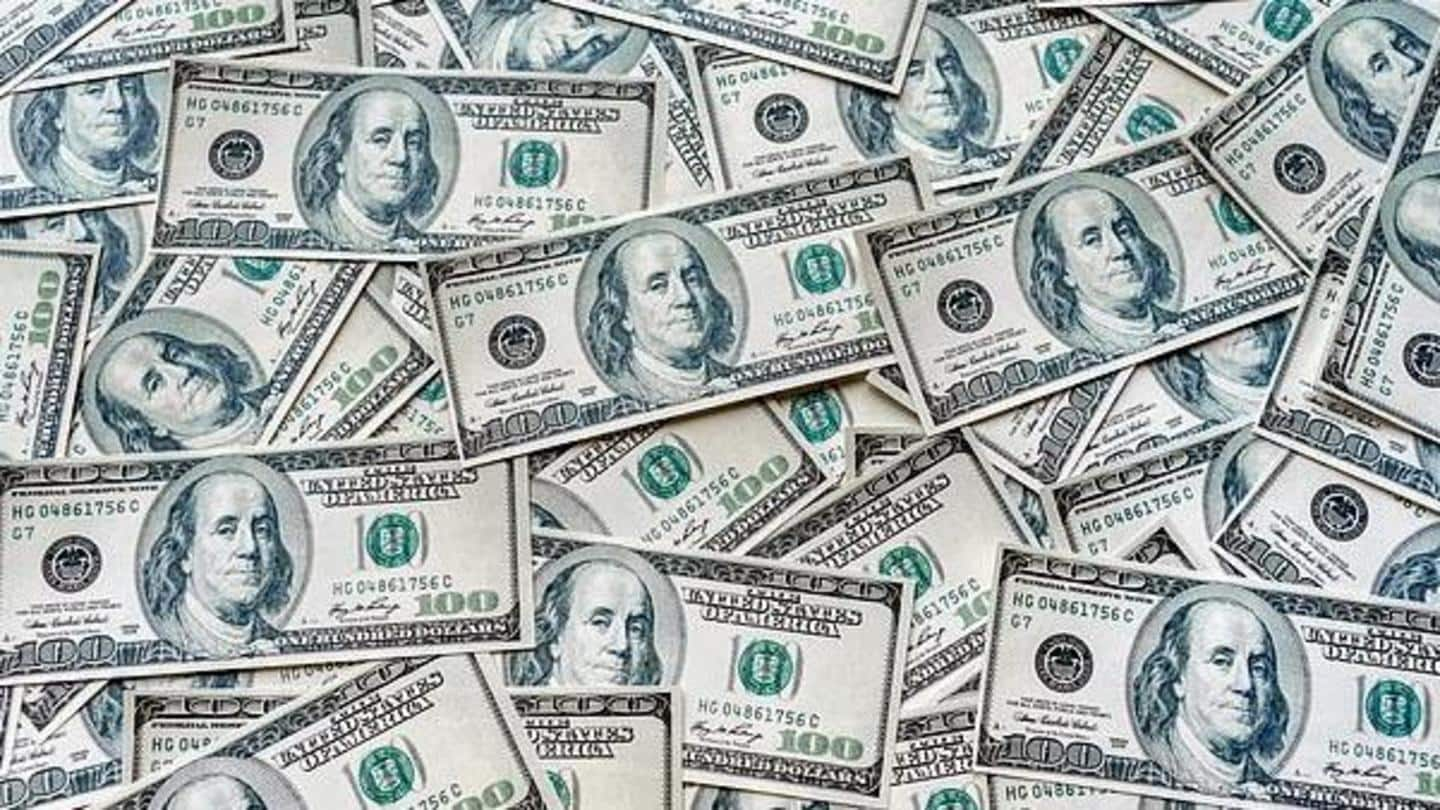
FinCEN files: All you need to know about the leak
What's the story
Several Indian banks helped facilitate transactions red-flagged by the United States Treasury Department's Financial Crimes Enforcement Network (FinCEN) for suspected money laundering, terrorism, drug dealing, and financial fraud, a major leak of top-secret documents has revealed.
Called the FinCEN files, the documents were exposed by an investigation and analysis led by hundreds of journalists worldwide.
Here's all you need to know.
FinCEN files
What are the FinCEN files?
The leak refers to a set of 2,657 documents, which includes 2,100 suspicious activity reports (SARs), filed by banks with the FinCEN.
FinCEN serves as the leading global regulator in the battle against money laundering.
The files pertain to transactions amounting to at least $2 trillion between 1999-2017 that were flagged as possible evidence of money laundering or other criminal activity.
SARs
What are suspicious activity reports?
SARs are documents that banks send to authorities if they suspect mischief, but they are not evidence of wrongdoing.
Banks are expected to know by law who their clients are and it isn't enough to file SARs while continuing to transact dirty money and expecting the law enforcement to further investigate.
If there is evidence of criminal activity, banks should stop the cash flow.
Information
Who conducted the investigation?
The FinCEN files were obtained by BuzzFeed News which shared them with the International Consortium of Investigative Journalists (ICIJ) and around 400 journalists around the world. In India, The Indian Express is a partner.
Bank
Which banks have been named in the leak?
Reportedly, over eight of every 10 SARs were filed by: Deutsche Bank, Bank of New York Mellon (BNYM); Standard Chartered Bank, Citibank, and JP Morgan Chase. The concerned transactions amount to $2 trillion.
In many cases, domestic branches of Indian banks were utilized to receive/remit the funds.
The Indian banks appear in the leak as "correspondent banks" to foreign banks which filed these SARs.
Information
Around 44 Indian banks appear in leak
The Indian Express reported that as many as 44 Indian banks appeared in the leak. These include Punjab National Bank, Kotak Mahindra, HDFC Bank, Canara Bank, IndusInd Bank, and Bank of Baroda, among others.
Indian cases
2G scam, AgustaWestland scandal, others hot-listed by FinCEN
Reportedly, scam-related transactions involving Indian entities such as the 2G scam; the AgustaWestland scandal; the Rolls-Royce bribery case, and the Aircel-Maxis case, among others, have been hot-listed by the FinCEN.
These cases are also being probed by central government agencies such as the Central Bureau of Investigation; the Enforcement Directorate and the Directorate of Revenue Intelligence, the TIE report noted.
Key revelations
What are the key revelations?
Transactions listed in the leak include a global diamond firm owned by Indian-born citizens named in several offshore leaks; a sponsor of the Indian Premier League (IPL) team.
Among others identified include a premier healthcare and hospitality group that remains unnamed, and it also tracked tomb raiders who looted ancient Buddhist artefacts that were sold to New York galleries.
Key revelations
What are the key revelations?
The files have exposed several transactions, including how JP Morgan may have helped a Russian mob boss to move over $1 billion through the financial system.
The files also identify HSBC's role in an $80 million fraud, involving a WCM777 scheme.
The files traced a US drug dealer's dollars to a chemist's lab in Wuhan, China.
(With inputs from The Indian Express and BBC)